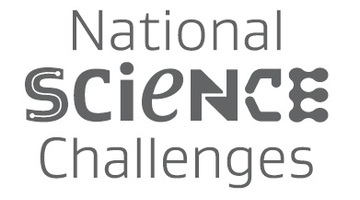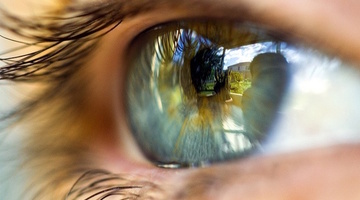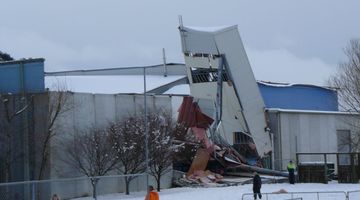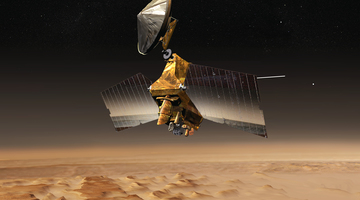

As New Zealanders looking to the future, we are faced with many opportunities – and challenges. These include improving the health of all our people, advancing our economic growth, protecting our ...
READ MORE

Observing and asking questions are essential parts of what a scientist does. Through their observations, scientists try to build more accurate explanations of how the world works. The scientists ...
READ MORE

Water seems to be everywhere in New Zealand. Oceans surround us. There are hundreds of lakes and rivers. Some South Island regions get more than 10 metres of rain each year. We have so much ...
READ MORE

Our atmosphere and climate 2020 is an environmental report produced by the Ministry for the Environment and Stats NZ. The report uses extensive long-term datasets to demonstrate some of the ...
READ MORE

Continually, there are right and wrong messages about the nature of science in our classroom teaching and in popular media. In this activity, students view two video clips that highlight how ...
READ MORE

In this activity, students look at SMS text language to gain a deeper understanding of communicating in science. By the end of this activity, students should be able to: write messages using SMS ...
READ MORE

This citizen science project wants your assistance to extract information from various climate scientific graphics to help combat misinformation and support scientific communication. Using this ...
READ MORE

Large snow events in most parts of New Zealand are uncommon. However, if you are in the South Island or the central North Island, this citizen science project could be a great one for your ...
READ MORE

The Planet Four online citizen science project is designed to assist planetary scientists to identify and measure features on the surface of Mars that don’t exist on Earth. Help is needed to ...
READ MORE

In this recorded professional learning session, Andrea Soanes and Lyn Rogers explore how teachers can confidently plan opportunities to build on their students’ data-collection skills. The focus ...
READ MORE

When well managed, class discussion can help students examine, evaluate and share knowledge about a subject, providing opportunities for students to think critically and creatively, consider ...
READ MORE

Primary Science Week 2016 has a focus on soil. Don’t confuse dirt with soil – did you know there are more living things in a teaspoon of healthy soil than there are people alive on the Earth? Dig ...
READ MORE
In this video, Dave Campbell and Keith Hunter discuss what weather and climate are, and how the water cycle is key to the weather. Weather describes the condition of the air masses overlying land ...
READ MORE
Watch the many layers of clothing Leah Adlam needs to put on in order to be dressed properly for the Antarctic outdoors. Points of interest for teachers: This video clip is without sound and sped ...
READ MORE
NIWA scientist Dr Katja Riedel travels to Antarctica to collect 300-year-old ice samples. She studies the ice to learn how our atmosphere has changed over the centuries.
READ MORE

This interactive uses information from Our atmosphere and climate 2023 – an environmental report produced by the Ministry for the Environment and Stats NZ – to present evidence of climate change ...
READ MORE

This slideshow, from the webinar Delving into data, provides additional support for the video tutorial. Use the Slideshow menu for further options, including view full screen, and go here for the ...
READ MORE

Discover a range of scientific approaches – select a label for videos and more information to support your understanding.
READ MORE